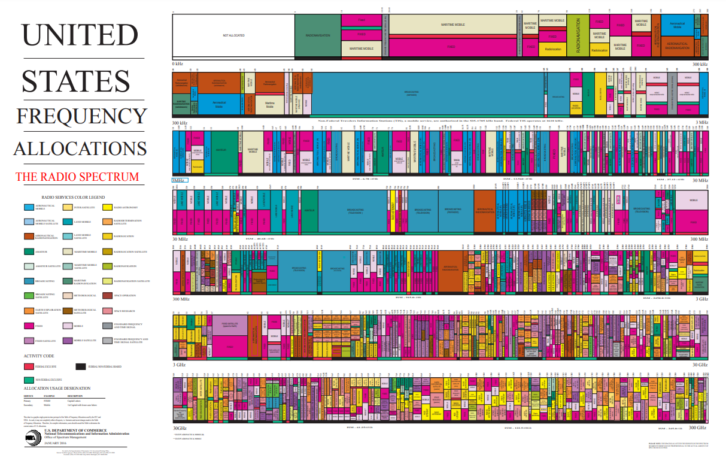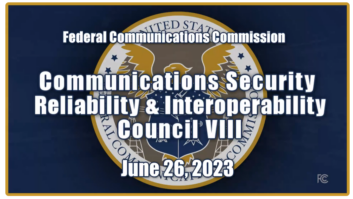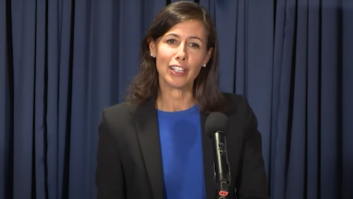Spectrum management will be on the agenda when the FCC meets in April.

“In the past, the FCC’s discussions of spectrum efficiency have been a one-way effort, focusing almost exclusively on transmitters,” Chairwoman Jessica Rosenworcel wrote in a preview.
“I’m proposing that the commission take a fresh look at how receiver improvements could provide greater opportunities for efficient use of spectrum. If approved, this inquiry would explore how to promote these improvements through incentives, guidelines or regulatory requirements.”
Rosenworcel said she would also seek comment on legal authority and market-based mechanisms that “could help create a more transparent and predictable radiofrequency environment for all spectrum users.”
She said Commissioner Nathan Simington has been active on this issue.
[Read our profile of Commissioner Simington]
Rosenworcel gave a speech at Mobile World Congress a few weeks ago in which she said she wants to promote more efficient use of spectrum by exploring receiver performance and standards.
“Minimally performing receivers can make it more difficult to introduce new services in the same or nearby frequencies,” she said then. “They can diminish broader opportunities with radiofrequency and put constraints on what is possible in the new wireless world.”
At its April meeting, the commission will also consider a proposal to require better reporting on the reliability, speed and accuracy of Wireless Emergency Alerts and seek comment on further improvements to WEA.
“When it comes to public safety, Wireless Emergency Alerts have been a game-changer, harnessing the power of mobile phones to help us receive targeted, real-time information about imminent threats,” Rosenworcel wrote, noting that April marks 10 years since the first WEA was sent.
She wants to make sure the tool “is even more effective in the future.”











